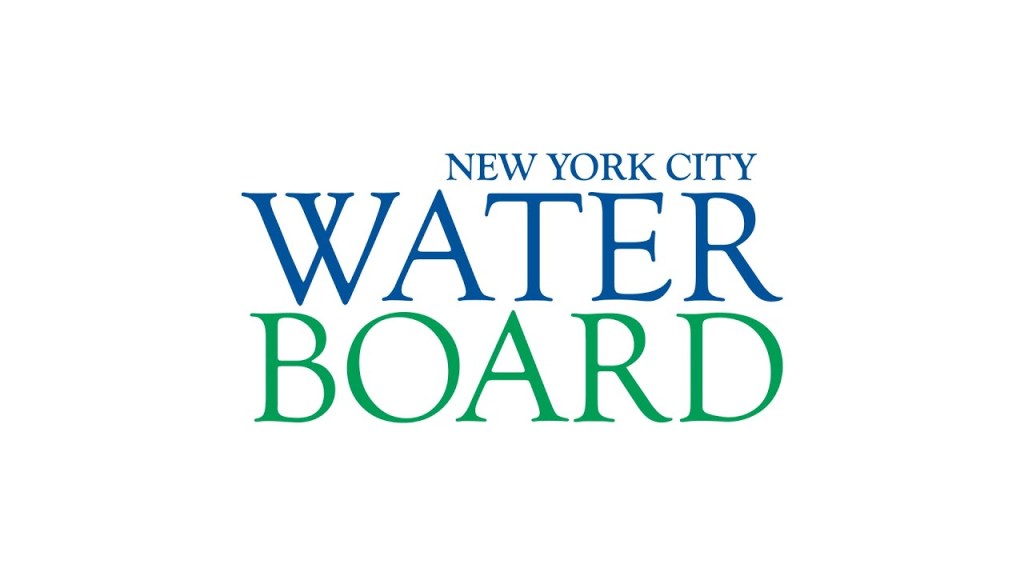On December 31st, the DEP held a virtual meeting to discuss Title 15, Chapter 20 of the Rules of the City of New York (RCNY), allowing attendees to voice their comments and concerns. Despite the meeting being held at a time when many people typically take time off, Hershel Weiss attended, and submitted a summation of his thoughts to the DEP afterwards, which you can read below:
My name is Hershel Weiss. I am a mechanical engineer, NYC Master Licensed Plumber, Past President of American Society of Plumbing Engineers (ASPE), member of Building Owners and Managers (BOMA) Plumbing Committee, principal at Ashokan, a firm specializing in Meter Reading and Backflow Testing. I have represented ASPE at the NYC Plumbing Code Adoption committee since its inceptions.
I cannot intelligently discuss the proposed modifications to RCNY chapter 20 of Title 15 in three minutes but would like to discuss the process. A committee exists to review the NYC Plumbing Code, comprising members of the DOB, FDNY, Con- Ed, National Grid, HPD, Housing Authority, SCA, Parks Department, Port Authority, REBNY, BOMA, Master Plumbers Council, Plumbing Foundation, American Society of Plumbing Engineers (ASPE), American Society of Sanitary Engineers, ASHRAE, all the plumbing unions and the largest plumbing and MEP firms, and the DEP. We meet to discuss and propose all plumbing code changes. The meetings are well-attended, conducted in a cordial manner and result in a well thought out regulations and buildings codes. This process used to apply to both the Plumbing code and RCNY Chapter 20 of Title 15 , but the DEP has circumvented the process – as being done today.
I cannot highlight the importance of a committee meeting to discuss each and every modification proposed today, but would like to touch on one sample issue. Years ago, the DEP had a plumbing and subsurface committee. At that committee, the DEP proposed requiring curb valves for domestic services under 2” as is being proposed today. At that time the following objections were raised:
- Real estate interest and homeowners was opposed to the cost estimated as an increase of 20- 35% in the price of water main replacement since an additional excavation would have to be created in the sidewalk. I am sure these parties are still opposed to the curb valve requirement, but have not been informed of this hearing. Furthermore, does the water board know that their water main insurance will increase by a third?
- The Parks Department was concerned about tree pits.
- Landmarks wanted an exemption where streets have bluestone pavers.
- None of these concerns are address in this modification
This is a simple item affecting multiple stakeholders. Other modification being proposed are much more complicated and warrant a conversation with all stakeholders.
I recommend that the proposed changes be shelved until a committee is convened to review each modification. I called many of the members of NYC’s Plumbing Code committee and they were not aware of today’s meeting. It is time for the DEP to stop operating in the dark. Modifications to the law should not take place in meetings restricted to 3 minutes on New Year’s Eve.






 The entire New York State is now on “Drought Watch”. The category is merely advisory, and does not mandate conservation. I hope the residents of NYC appreciate how the DEP’s large water reserves insulating them from what could be a major inconvenience. Enjoy the sunny days, but pray for rain in the Watershed.
The entire New York State is now on “Drought Watch”. The category is merely advisory, and does not mandate conservation. I hope the residents of NYC appreciate how the DEP’s large water reserves insulating them from what could be a major inconvenience. Enjoy the sunny days, but pray for rain in the Watershed.